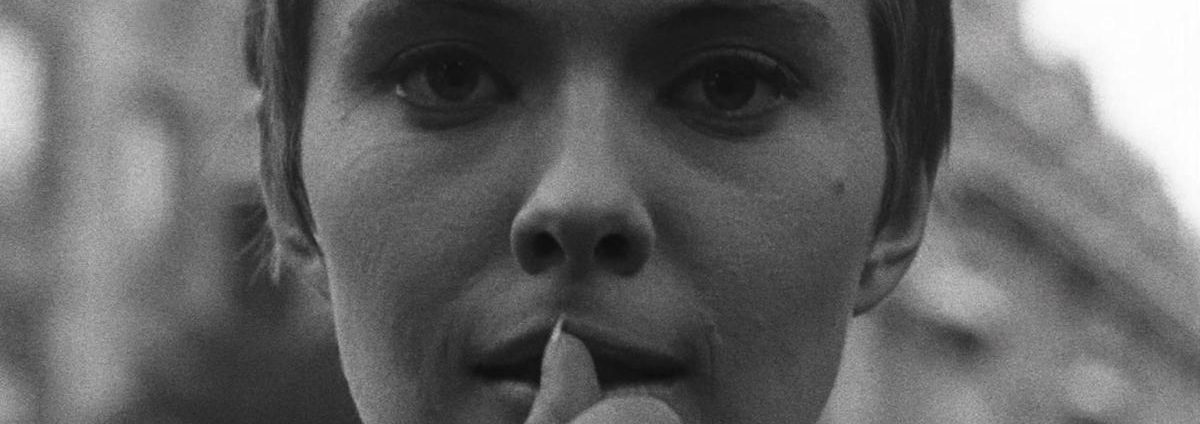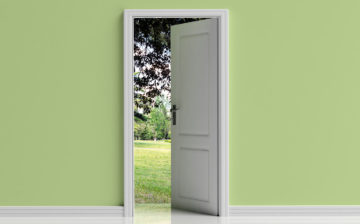Workshops
Journey through the rich delights and extraordinary risks that define French cinema.
There are no available registration dates at this time.
Note: This course will be held online using the Zoom Platform. Classes will be held over 8 Tuesdays 8-9:45 pm EST with the exception of Feb 14, 2023: (Jan 17, 24, 31, Feb 7, 21, 28 and Mar 7, 14).
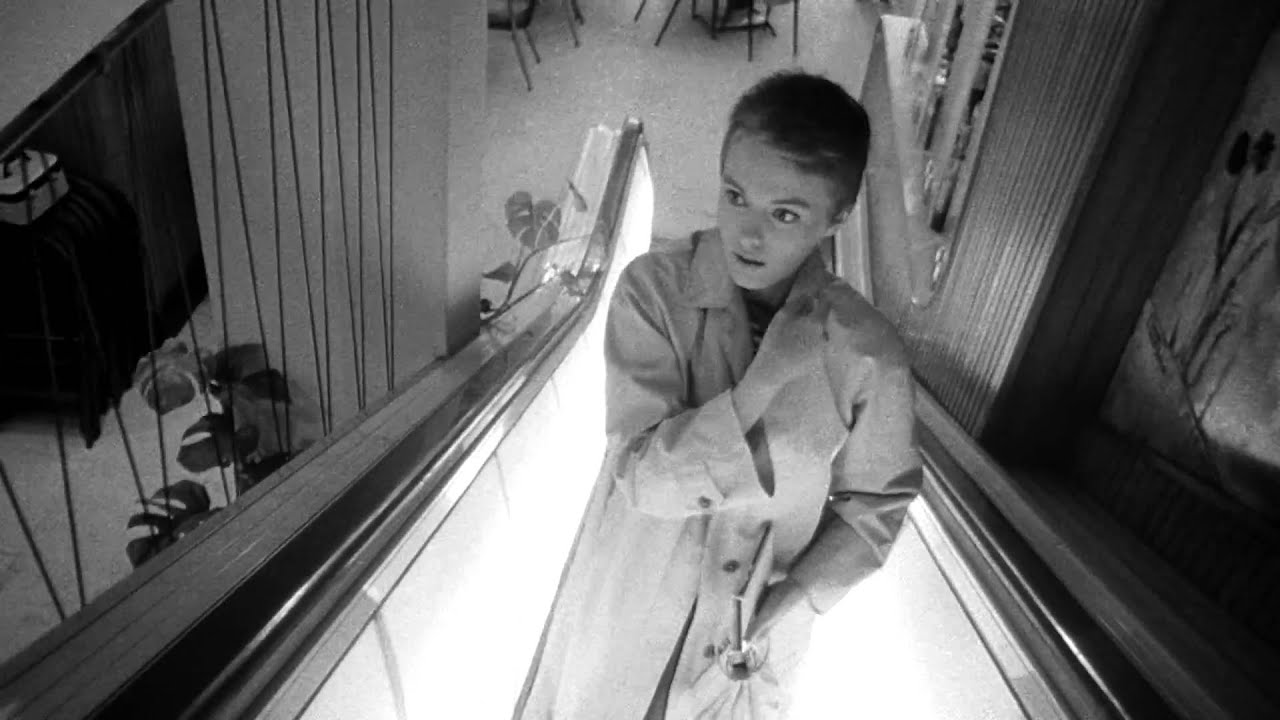
Few nations have contributed more to the art of cinema and the development of film culture than France. This course will cover the history of French cinema, using key films, artists, and movements to shed light on the evolution of cinematic style.
Join film historian and critic Imogen Sara Smith for this fascinating journey through French film history. In addition to being a regular speaker on The Criterion Channel, and on disc commentaries for Criterion and other labels, Imogen is the author of two books on film and has published many articles and essays in leading film publications.
Participants will watch films through online streaming platforms, read key texts, and join a virtual classroom for live lectures and group discussions. No knowledge of French is required; all films will be subtitled and any readings will be in English.
This unit explores the extraordinary last six decades of French cinema. From the exhilarating rule-breaking of the French New Wave through the emergence of important women filmmakers and post-colonial voices, we’ll examine how France has remained at the forefront of an ever-evolving and diversifying art form. Along the way, we will also delve into genres like comedy and musicals.
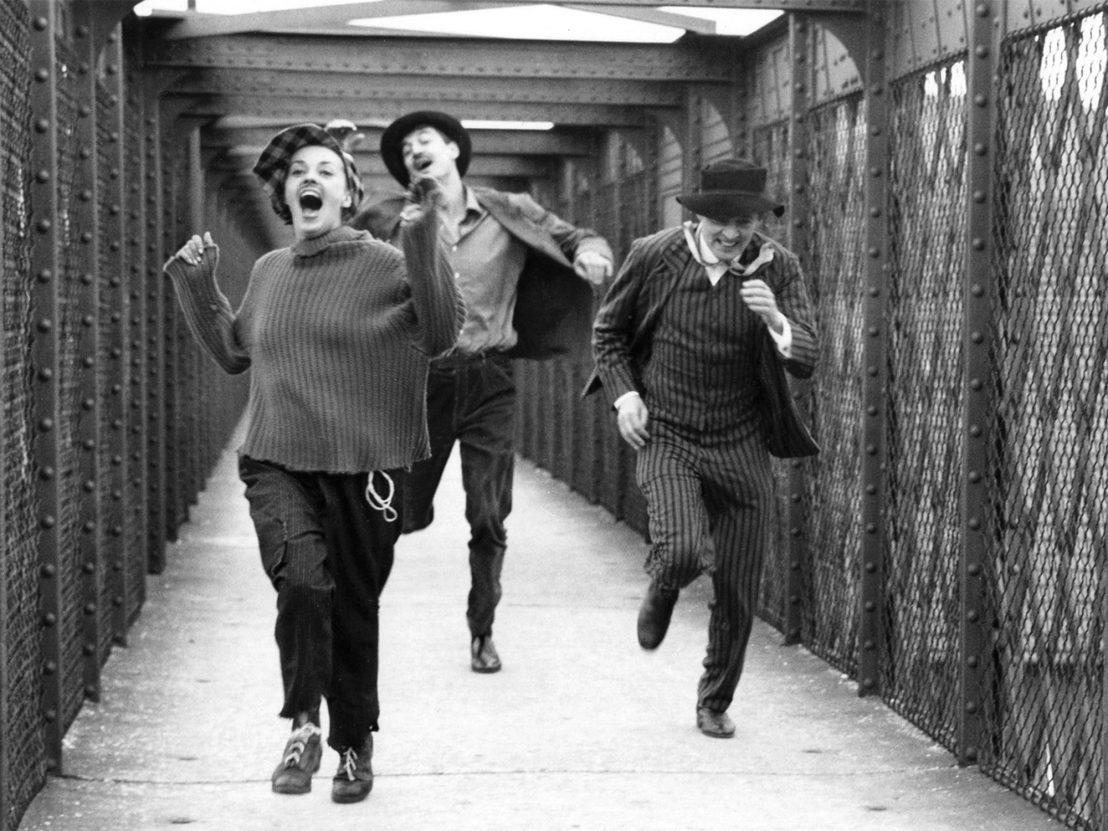
Our journey begins by examining a volatile moment that forever changed French film and the future of international cinema. Even as the 1960s found the Hollywood studio system in disarray and scrambling to reinvent itself, the French New Wave radically changed and revitalized filmmaking globally. But while the movement invented new film grammar and techniques, broke with traditional narrative forms, and shared the fresh, rebellious spirit of 1960s youth movements, it was also deeply rooted in history. The young critics-turned-directors from the journal Cahiers du Cinéma were passionate cinephiles who championed Hollywood genre films and attacked France’s established “tradition of quality” while resurrecting some overlooked French filmmakers of the past. Their promotion of the auteur theory, which declared the director the sole author of a movie, revolutionized film discourse and remains both controversial and ingrained in contemporary film culture. Directors like Jean-Luc Godard, François Truffaut, Jacques Rivette, Claude Chabrol, Alain Resnais, Eric Rohmer, and others took the ideas and methods of the New Wave in vastly different directions, inspiring generations of later artists around the world.
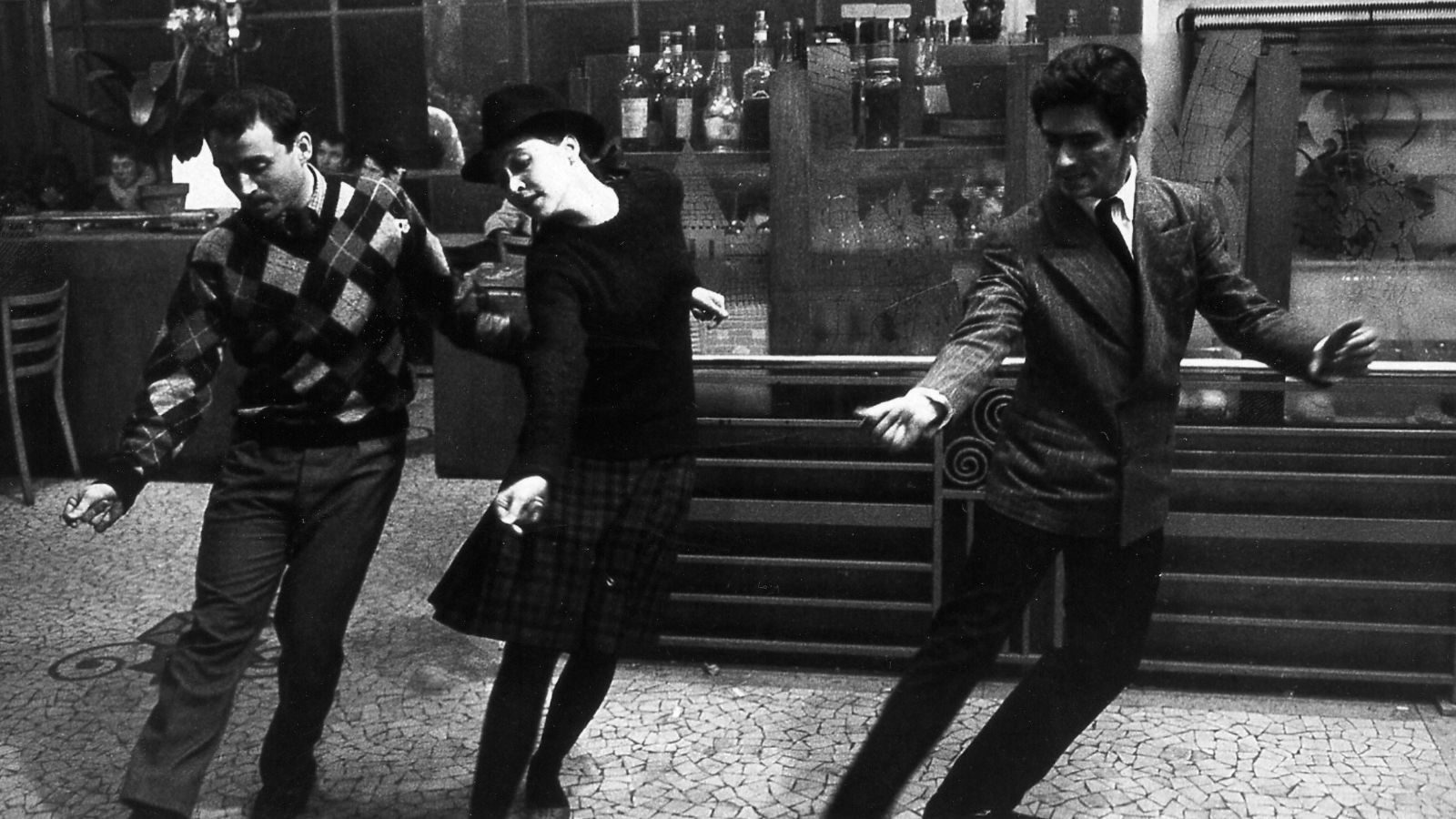
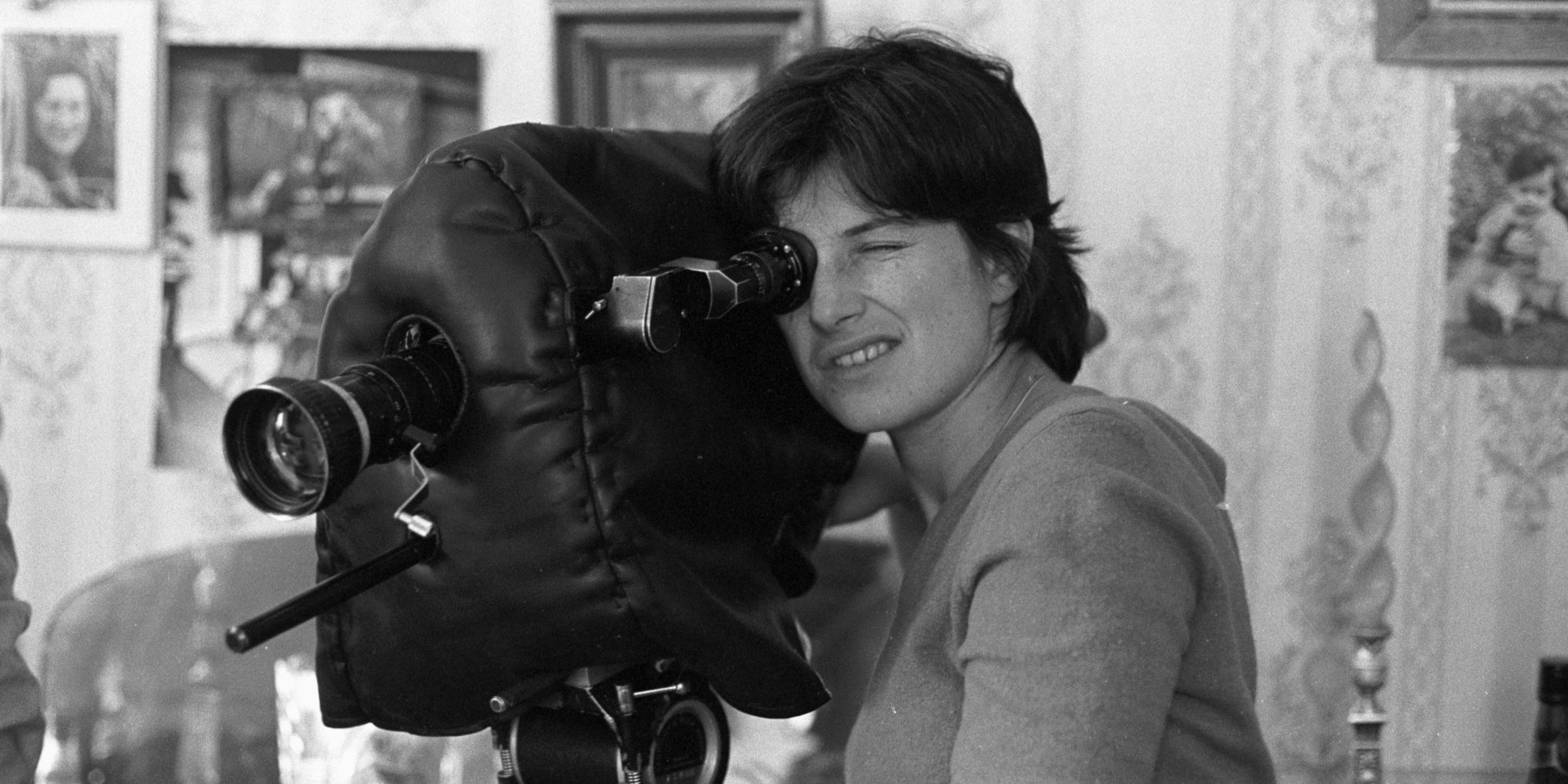
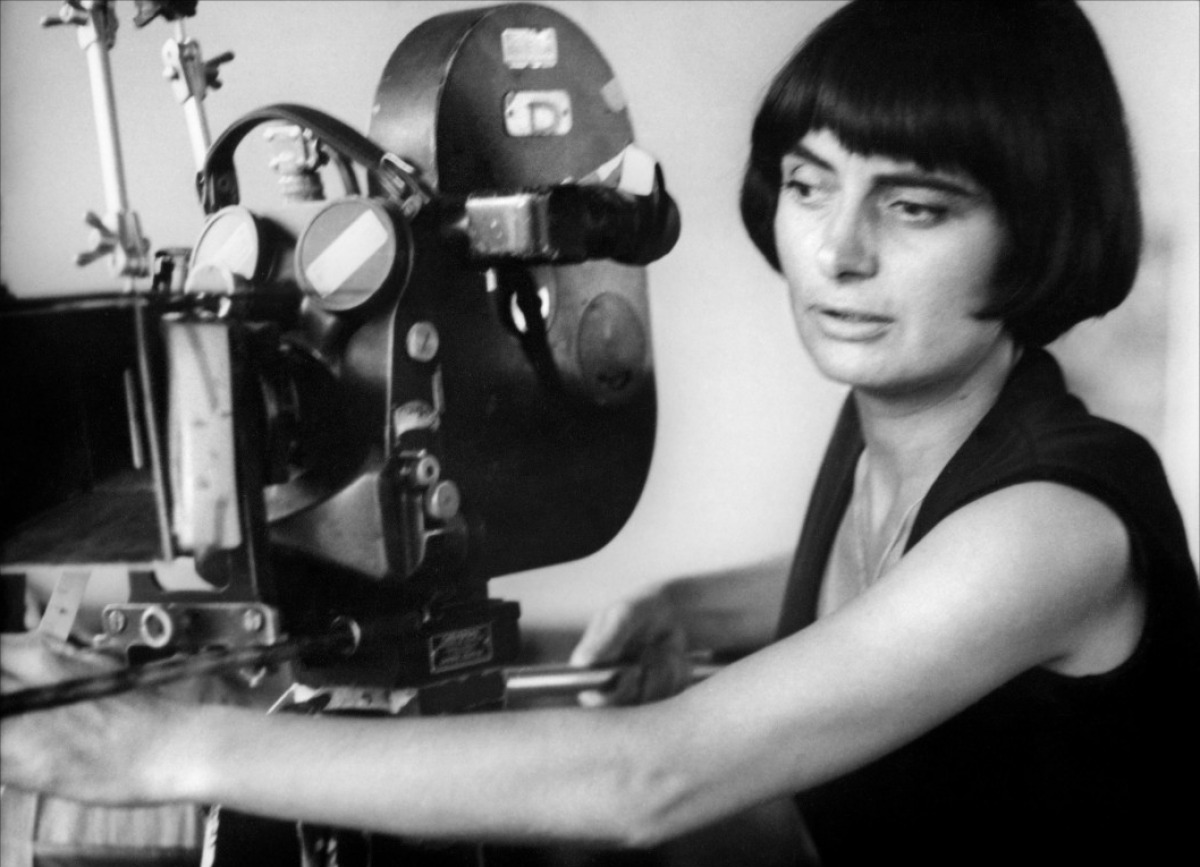
One of the most pioneering and creative filmmakers of the era was Agnès Varda, who broke ground with her 1962 masterpiece Cléo from 5 to 7, bringing a feminist perspective to a male-dominated scene. Over the decades, all the way up to her death in 2018, Varda produced a wide-ranging body of work that expressed her playful, wildly original, tough-minded, and humanist spirit. Although a small number of women filmmakers had flourished pre-1960, including Alice Guy-Blaché, Germaine Dulac, and Jacqueline Audry, the decades that followed saw major new artists emerge, including Belgian-born Chantal Akerman and Claire Denis, both of whom have had long-running partnerships with female cinematographers. While filmmakers like Denis have grappled with France’s colonial history, filmmakers from former French colonies (Djibril Diop Mambéty, Ousmane Sembène, Abdellatif Kechiche, etc.) have also enriched and diversified French cinema, exploring subjects of race, immigration, and post-colonial struggles.
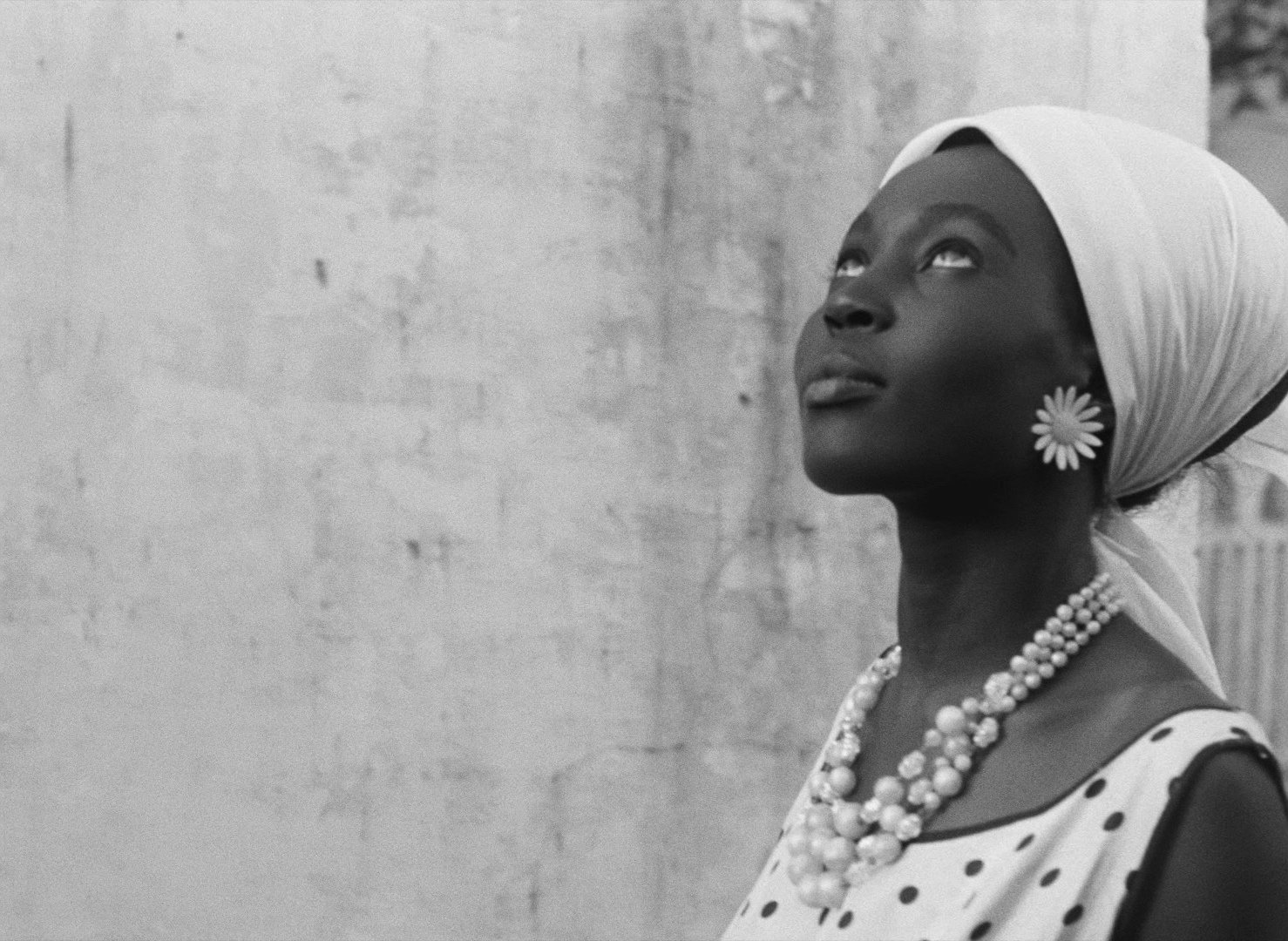
In addition to exploring how the French film industry evolved and adapted during the latter part of the 20th century, this section of the course will also look back at earlier eras to trace the lineage of comedy–from Max Linder and René Clair to Jacques Tati, Pierre Etaix and beyond–and the vital role of music in French cinema. The course will wrap up with a look at some contemporary filmmakers such as Céline Sciamma and Jacques Audiard who are continuing to innovate and keep alive France’s grand amour for the cinema.
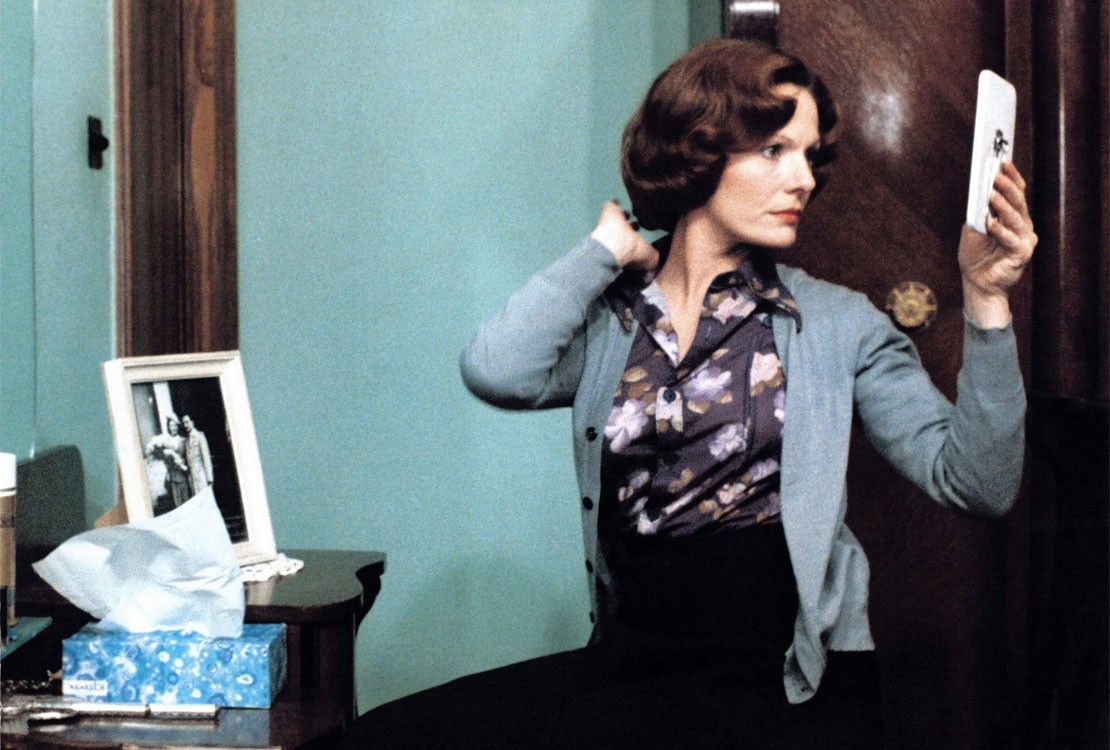
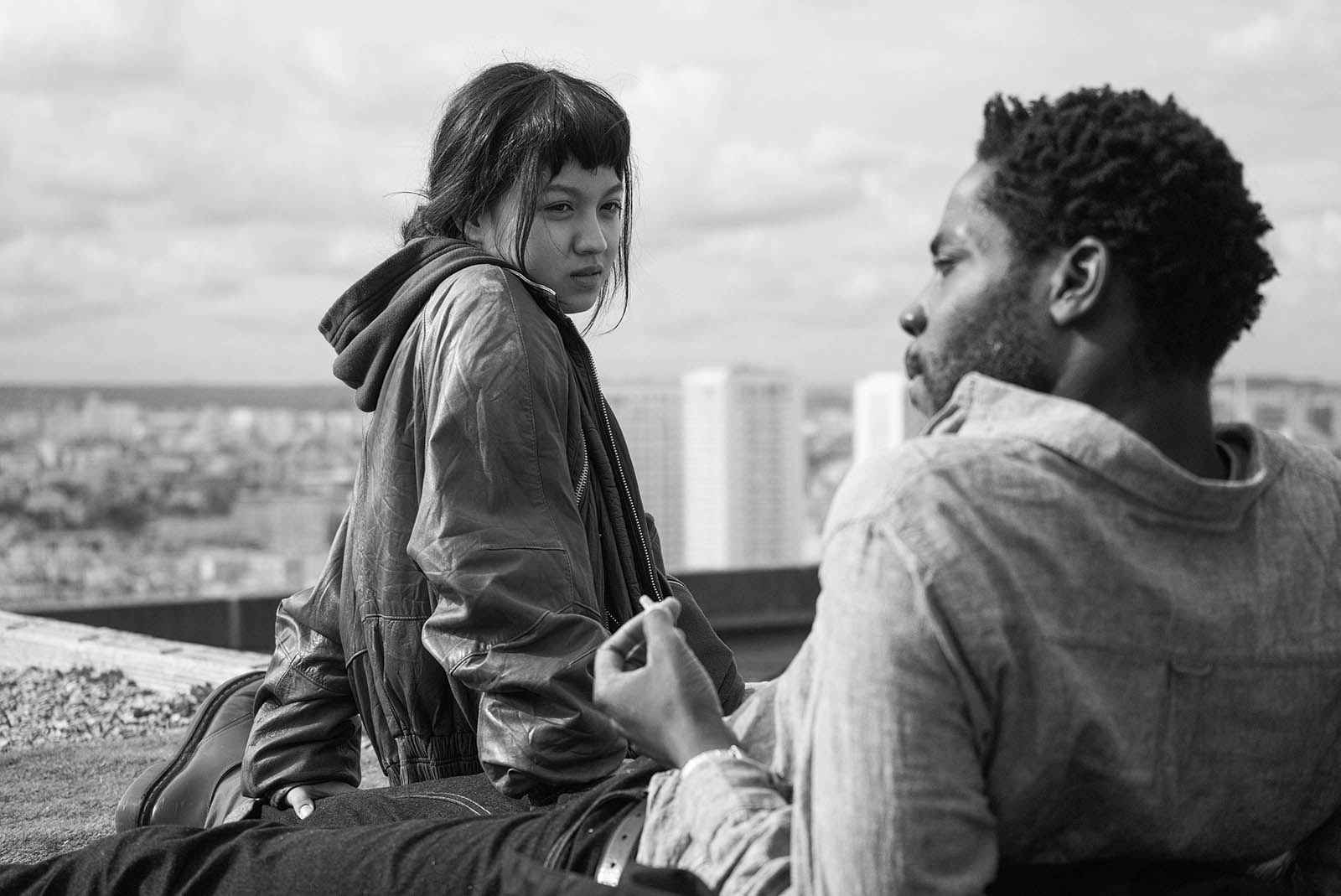
Participants will watch films through online streaming platforms, read key texts, and join a virtual classroom for live lectures and group discussions. No knowledge of French is required; all films will be subtitled and any readings will be in English.
Register for this workshop
Please note: Participants may incur the expense of renting some films via widely available streaming platforms, although many of these films are available without additional charge if you subscribe to certain channels (e.g. The Criterion Channel, Kanopy, etc.).
Share This

Instructor: Imogen Sara Smith
Imogen Sara Smith is a film critic and historian based in New York City. She is the author of two books, In Lonely Places: Film Noir Beyond the City and Buster Keaton: The Persistence of Comedy, and her work has appeared in Film Comment, Sight & Sound, Cineaste, Reverse Shot, The Criterion Collection, and many other venues. She is a regular speaker on The Criterion Channel, on disc releases from Criterion, Kino Lorber, and other distributors, and at national and international film festivals. She has taught courses on film noir at the School of Visual Arts in New York.

